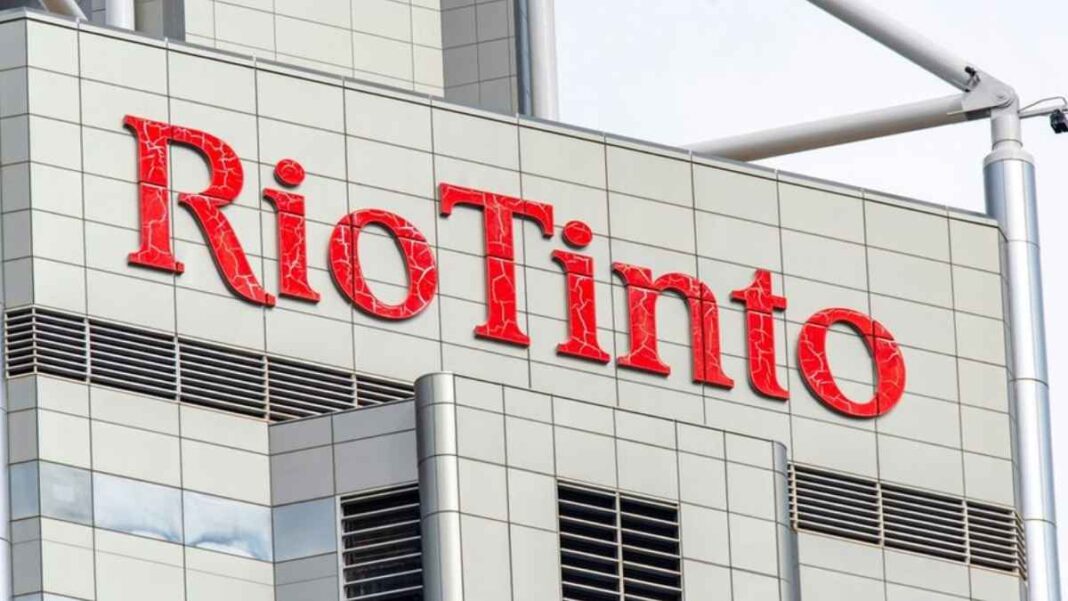In a move that could have reshaped the global mining industry, Rio Tinto and Glencore engaged in preliminary discussions about a potential merger in late 2024.
If successful, the merger would have created the world’s largest mining company, eclipsing BHP in market capitalization and influence. However, sources close to the negotiations indicate that talks have ended without an agreement.
The Potential Mega-Merger
Rio Tinto, known for its robust iron ore operations, and Glencore, a commodity trading powerhouse with a significant mining portfolio, explored the idea of combining their operations to address shifting market dynamics.
Together, the two companies would have brought together a diverse portfolio of assets, including copper, cobalt, nickel, zinc, and coal—critical materials for the ongoing global energy transition.
“This merger could have been a game-changer for the mining sector, creating a dominant player across multiple commodity markets,” said an industry analyst.
Challenges in the Negotiations
Despite the potential synergies, significant hurdles stood in the way of a deal. Differences in corporate culture were a notable challenge, with Rio Tinto focusing heavily on environmental, social, and governance (ESG) standards, while Glencore remains deeply tied to thermal coal, a sector Rio Tinto has actively exited in recent years.
Additionally, regulatory scrutiny was expected to be a major obstacle. A merger of this scale would likely have faced rigorous antitrust reviews across multiple jurisdictions, given its potential to concentrate market power in key commodity sectors.
Strategic Context
The discussions occurred against the backdrop of a changing mining landscape. Declining Chinese demand for iron ore and a growing focus on metals essential for electric vehicles and clean energy technologies have forced companies to rethink their strategies.
For Glencore, with its significant copper and cobalt assets, and Rio Tinto, with its world-class operations and cleaner energy focus, a merger seemed like a logical step towards aligning with the global energy transition.
This isn’t the first time the two mining giants have considered joining forces. In 2014, Glencore proposed a similar merger, which Rio Tinto rejected outright.
The renewed discussions suggest the shifting priorities and challenges within the industry may have reignited interest in consolidation.
What Could Have Been
A merged entity would have had an unparalleled global reach and a dominant position in supplying materials crucial for the decarbonization of energy systems.
However, the challenges outweighed the potential benefits, and the talks did not progress beyond the initial stages.
The Path Ahead
While this merger has been shelved, it highlights the ongoing consolidation trend within the mining sector. As companies navigate the twin pressures of declining demand for traditional commodities and the rising need for critical minerals, further merger and acquisition activity is likely.
Rio Tinto and Glencore have both declined to comment on the matter, maintaining their focus on existing operations and strategies. For now, the prospect of a mining supergiant remains unrealized, leaving the industry—and its stakeholders—wondering what might have been.
Also Read
Capital One Faces Technical Outages as Deposit Issues Leave Customers Stranded
SpaceX Starship Test Flight Ends in Explosion, But Marks Key Booster Recovery Success
